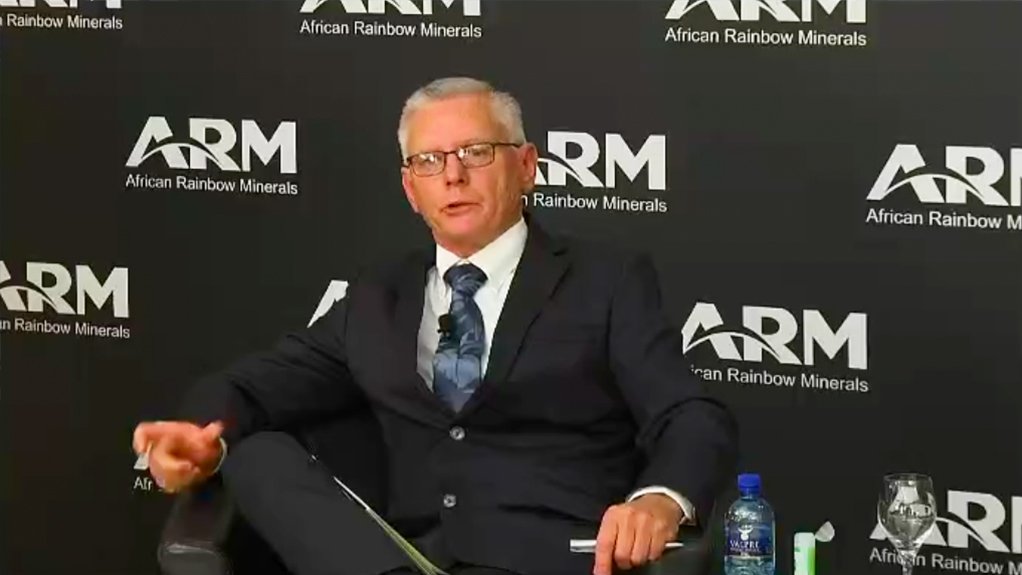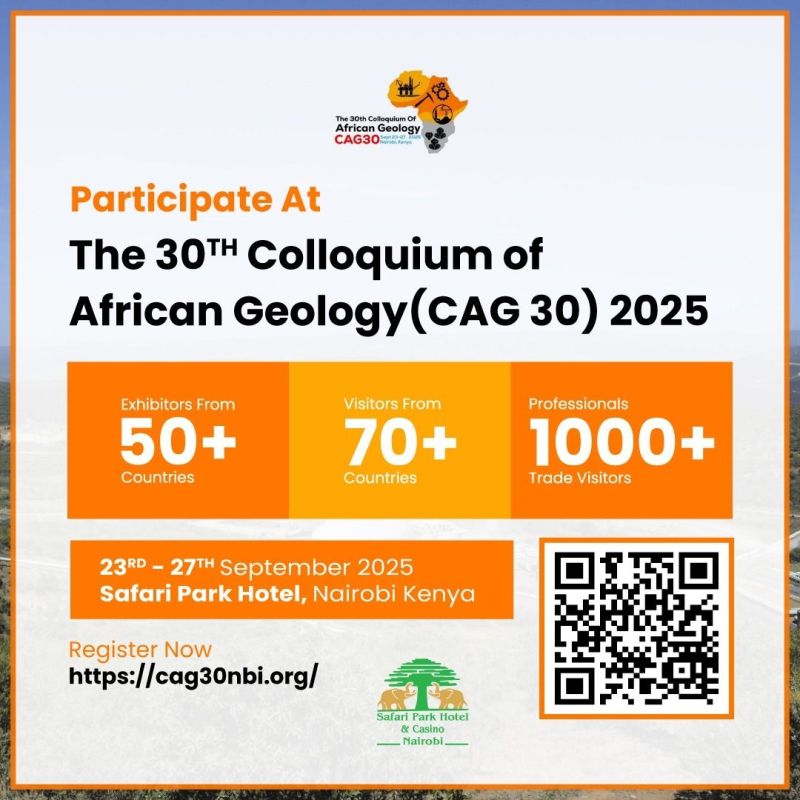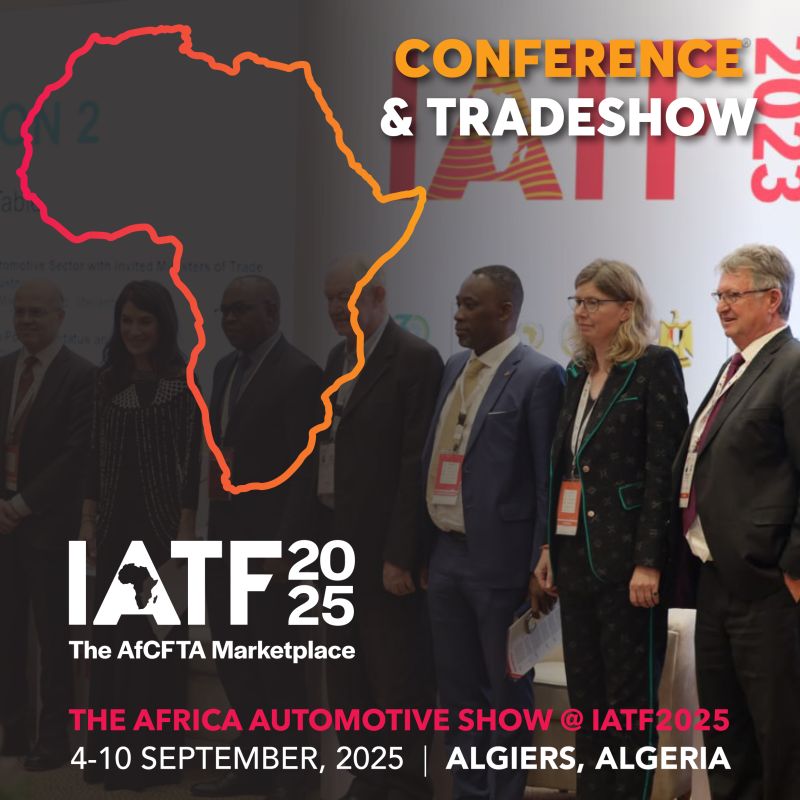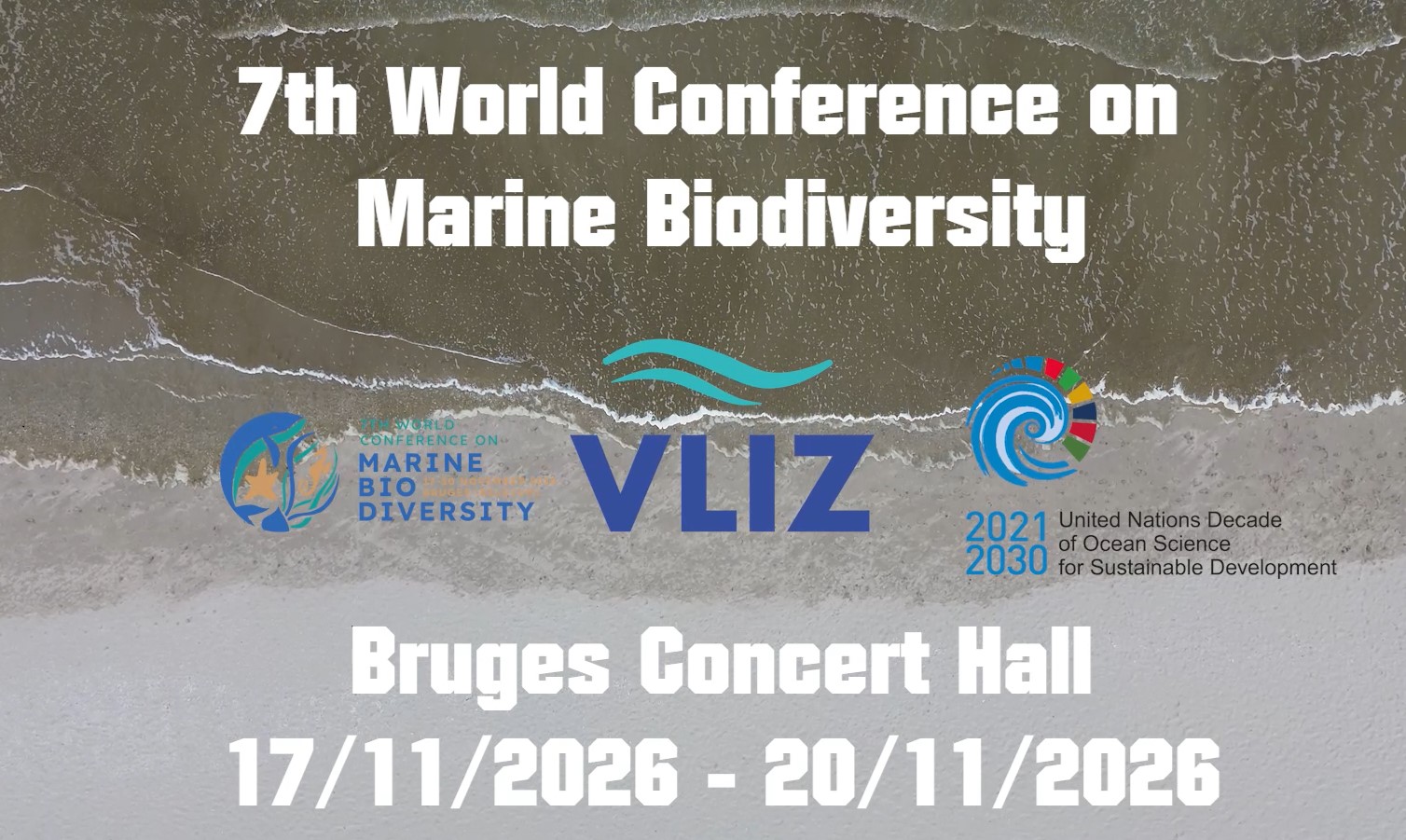The development of a revolutionary new mining method designed for narrow tabular, steep-dipping orebodies is gaining significant momentum, with early results pointing toward a transformation in platinum group metals (PGM) extraction. At the heart of this innovation is the combination of mobile tunnel boring and a tailor-made narrow-reef cutting system, which together promise safer, more efficient, and more sustainable mining.
Also Read: A Safe Working Environment: A Legal Duty and Moral Responsibility
The new approach is specifically engineered to address the challenges of extracting the Upper Group Two (UG2) reef, which averages a mere 60 cm in width. By applying selective mechanised mining, this method allows for greater precision, higher ore grades, and reduced waste. Tunnelling is initiated with a mobile borer, after which on-reef cutting follows. The cutting system has been purpose-built for the UG2 reef configuration at African Rainbow Minerals’ (ARM) Bokoni PGM operation and has already undergone extensive testing on artificial reef material. Early outcomes indicate major improvements in safety, unit costs, and environmental impact, particularly in reducing the scale and risk of tailings facilities.
Mike Schmidt, ARM’s executive for growth and strategic development, expressed strong optimism during the company’s recent financial results presentation. He confirmed that all surface-based test work had exceeded expectations, including trials simulating different rock densities and hardness levels. Underground trials are now well underway, with site establishment completed, portals prepared, and electrical infrastructure being installed. Commissioning of the tunnel boring machine is scheduled for mid-November, with narrow-reef cutting expected to begin by March. A commercial decision is likely by June, with Schmidt voicing high confidence in the project’s trajectory.
ARM’s investment at Bokoni reflects a decisive shift from historical Merensky reef mining to a fully mechanised UG2 operation. The company has already commissioned a 60 000-ton processing plant and a chrome recovery plant, while also completing a decline shaft to centralize ore handling. Looking ahead, ARM plans to recommission and expand processing capacity in phases, eventually restoring output to 240 000 tons. Capital expenditure of over R1 billion is projected for this year, with similar levels anticipated over the next three years, pending final feasibility approval.

The narrow-reef cutting technology is being developed in partnership with two industry leaders: Herrenknecht, the German engineering company renowned for its tunnel boring expertise, and South Africa’s Master Drilling, a pioneer in reef boring systems. Together, these partnerships are positioning ARM at the forefront of mechanised mining innovation.
With its ability to enhance efficiency, reduce costs, and minimize environmental impact, this game-changing mining method could reshape the future of UG2 PGM extraction—not only at Bokoni but across the industry.















